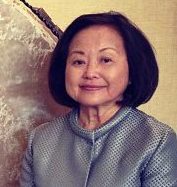Camp Grandma
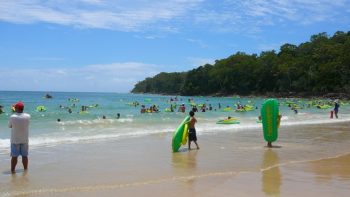 When my children were growing up, many of their friends would be delivered to their grandparents’ home for a week to play and explore new adventures with their grandparents. When they returned from these mini vacations, they would rave for days about the many adventures they encountered on these treasured trips. Although my children did not have grandparents who traveled with their grandchildren, they were fortunate to share similar experiences with their friends’ families. [Read more…]
When my children were growing up, many of their friends would be delivered to their grandparents’ home for a week to play and explore new adventures with their grandparents. When they returned from these mini vacations, they would rave for days about the many adventures they encountered on these treasured trips. Although my children did not have grandparents who traveled with their grandchildren, they were fortunate to share similar experiences with their friends’ families. [Read more…]
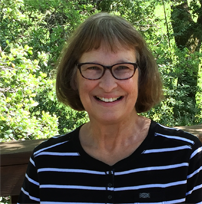
Mary Ann Burke, Ed.D., Digital Education Expert, is a substitute distance learning teacher for Oak Grove School District in San Jose, California and the author of STUDENT-ENGAGED ASSESSMENT: Strategies to Empower All Learners (Rowman & Littlefield: 2020). Dr. Burke creates digital language arts and substitute teaching K – 12 activities for teachers and parents. She is the Cofounder of the Genparenting.com blog. Burke is the former Director II of Categorical & Special Projects for the Santa Clara County Office of Education that supports 31 school districts serving 272,321 students in Santa Clara County. She is also a previous Director – State & Federal Compliance for Oakland Unified School District, the former Director – Grantwriter for the Compton Unified School District, and was the initial VISTA Director for the Community Partnership Coalition in southern California. Much of her work focuses on creating innovative digital trainings and partnership programs for teachers and families to support students’ learning. These programs were featured as a best practice at a National Title I Conference, California’s Title I Conferences, AERA Conferences, an ASCD Conference, the NASSP Conference, and statewide educator conferences.
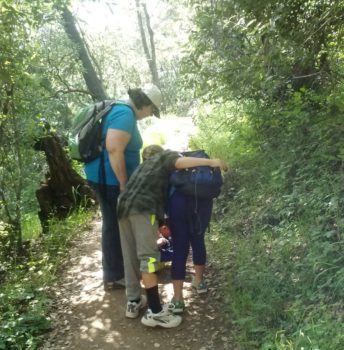
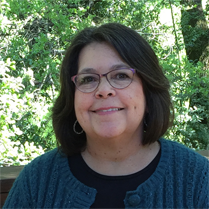
 Teaching Our Children About Their Cultures
Teaching Our Children About Their Cultures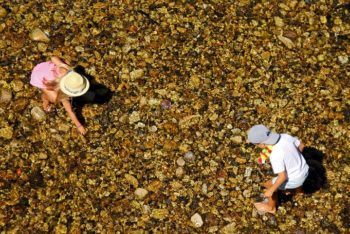 Family Best Practices for Distance Learning
Family Best Practices for Distance Learning